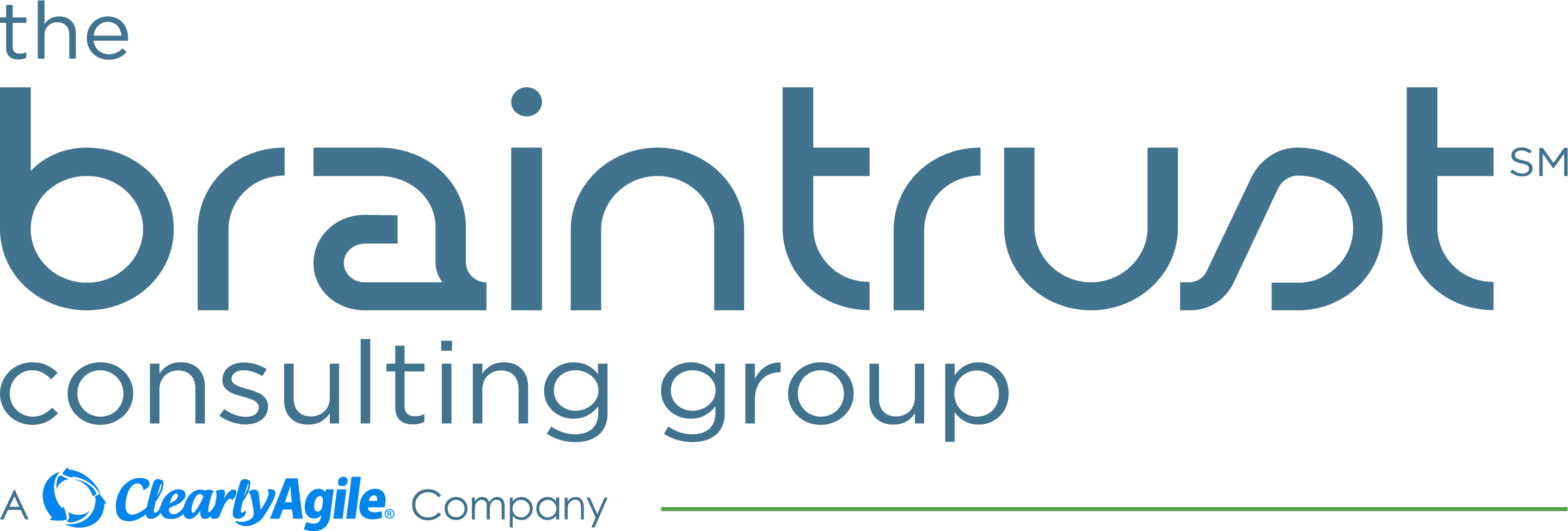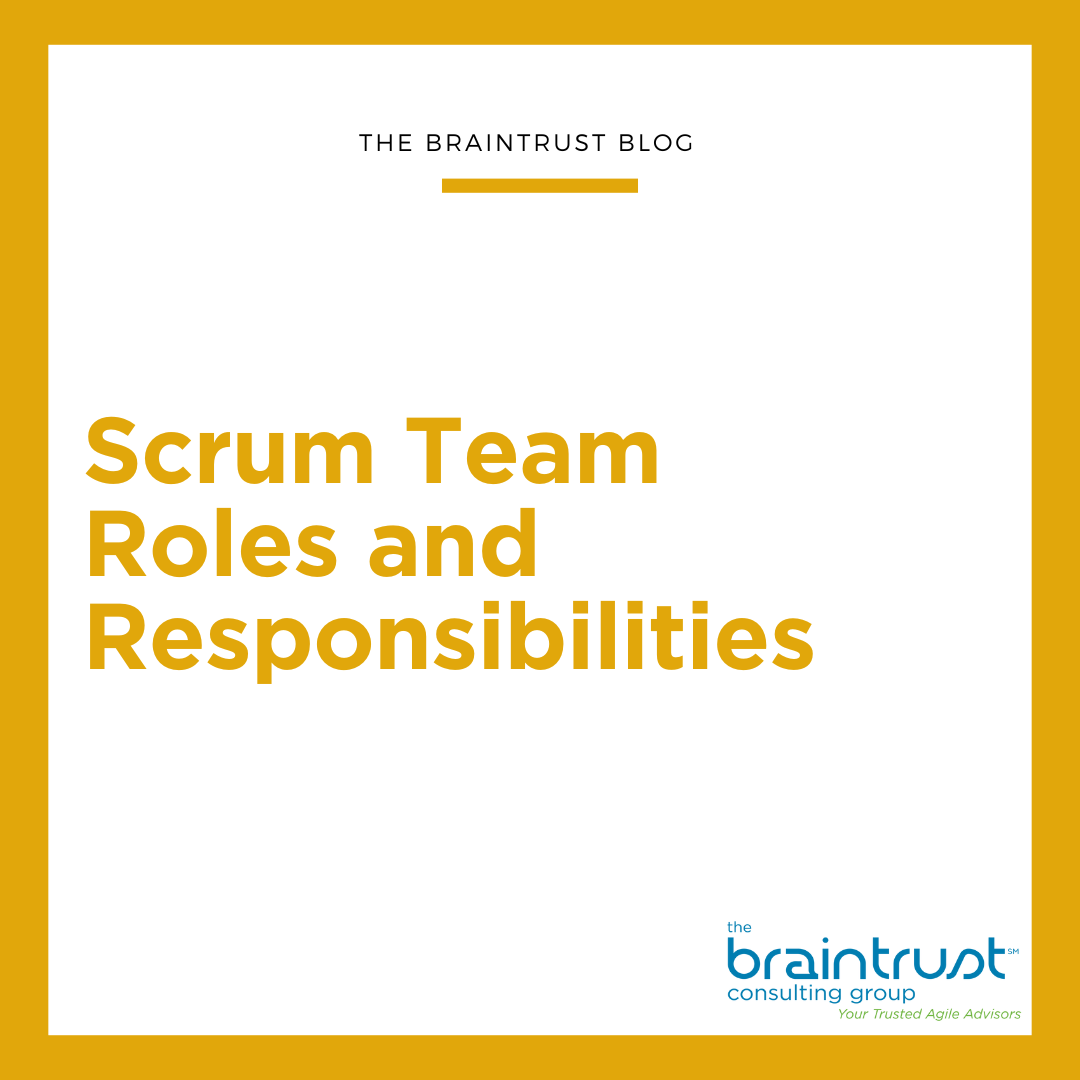Scrum roles can be applied to government offices in a similar way as they are applied to other organizations, with some adjustments made to accommodate the unique needs and requirements of the public sector.
Scrum Master
The Scrum Master is responsible for facilitating the Scrum process, removing any obstacles that may hinder progress, and ensuring that the Scrum team adheres to its principles and practices.
In a government context, the Scrum Master could be a project manager or program manager responsible for overseeing a team of developers and ensuring that the project is completed on time and within budget. They can help to establish and maintain a culture of transparency, collaboration, and continuous improvement. They can also support the team in navigating the bureaucratic and regulatory hurdles that are common in government work.
Product Owner
The Product Owner is responsible for defining and prioritizing the product backlog, which represents the features, functions, and requirements of the project, ensuring that the team is working on the highest-value tasks, and delivering a product that meets the customer’s needs.
In government, the Product Owner could be a business analyst, subject matter expert, or government official responsible for defining the project requirements and ensuring that they align with government policies and regulations. They can be someone who is knowledgeable about the agency’s goals and priorities, and who has a good understanding of the needs of the community they serve. They can work closely with stakeholders and subject matter experts to define the backlog and ensure that the team is delivering value to the public.
Agile Leaders
An Agile Leader is someone who provides strategic direction, promotes a culture of agility, and fosters continuous improvement across the organization.
In a government office, an Agile Leader can be a high-level manager or executive who is responsible for driving change and innovation within the agency. They can help to break down silos between departments, promote collaboration, and empower teams to experiment and take risks.
Development Team
The Development Team is responsible for building and testing the product in Sprints, which are short cycles of development.
In government, the Development Team could include software developers, testers, and other technical staff responsible for implementing the project requirements and delivering a working product.
In addition to these primary roles, there may be other roles that are specific to government projects, such as a security officer responsible for ensuring that the project meets government security standards or a compliance officer responsible for ensuring that the project adheres to government regulations.
Overall, applying Scrum roles in government offices requires an understanding of the unique challenges and constraints of the public sector, and a willingness to adapt the Scrum framework to meet those needs. With the right approach, Scrum can help government agencies become more responsive, efficient, and effective in delivering services to the public.
Reach out to us if you want to get your office trained—agileadvisors@braintrustgroup.com!



